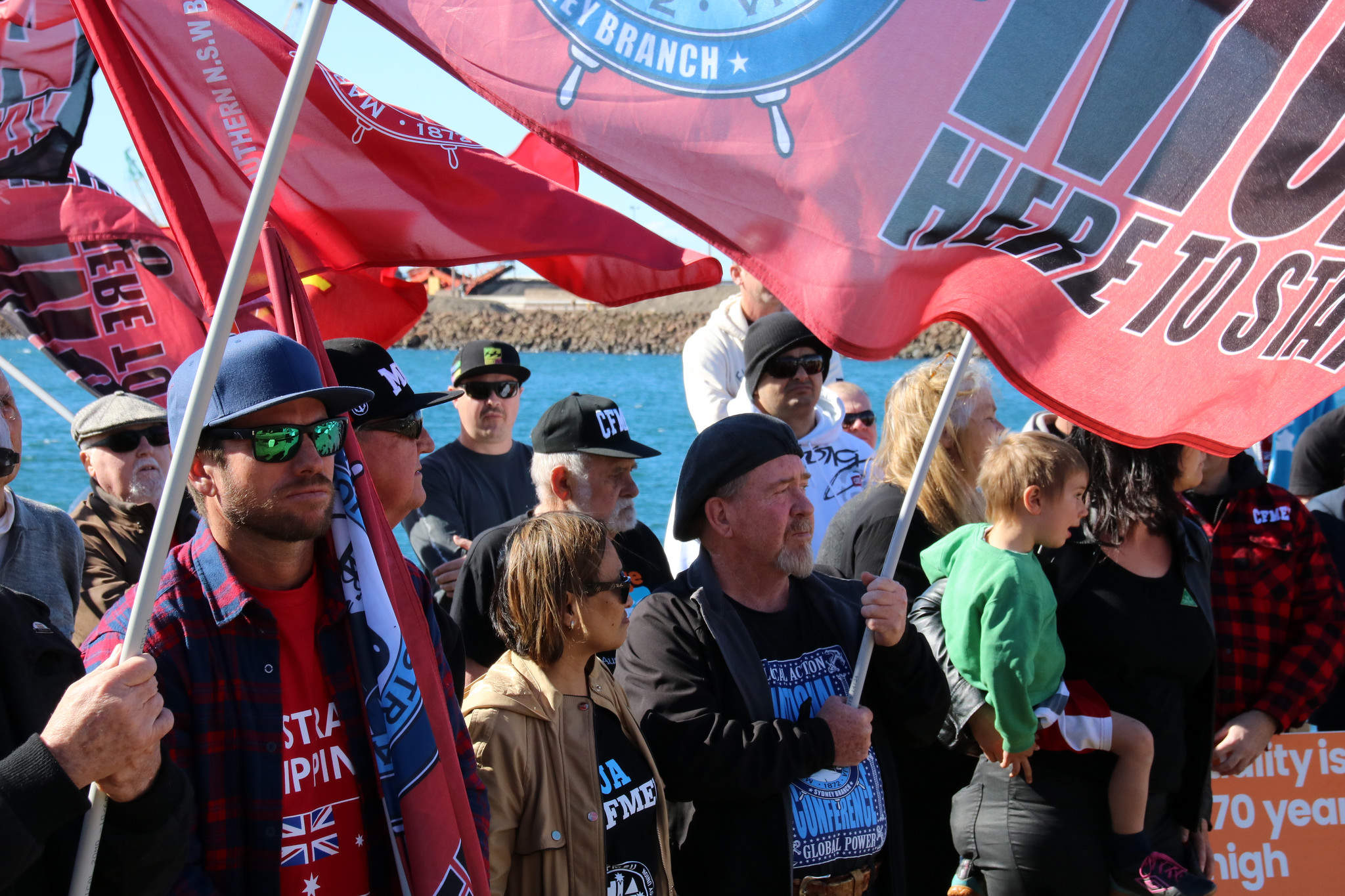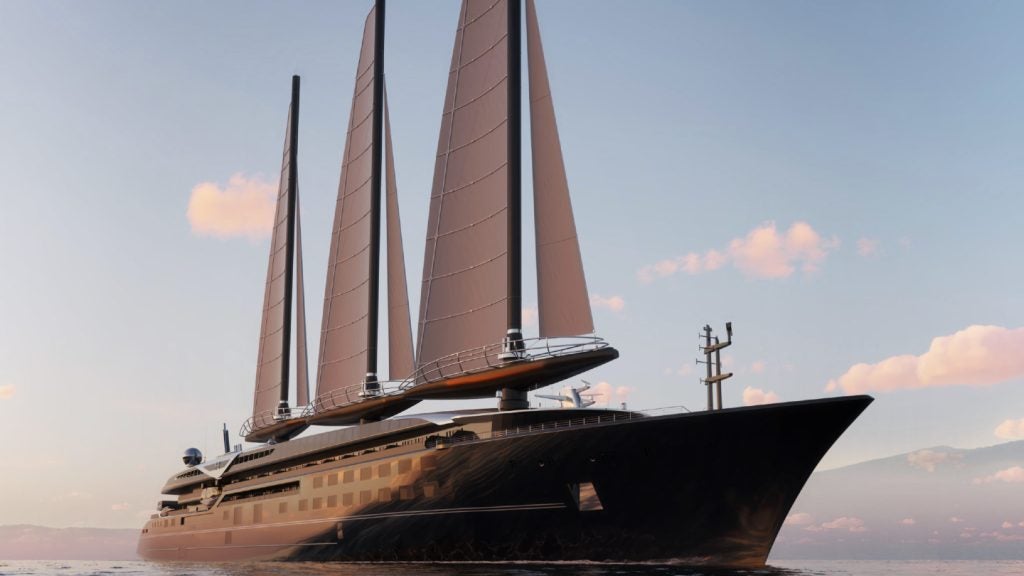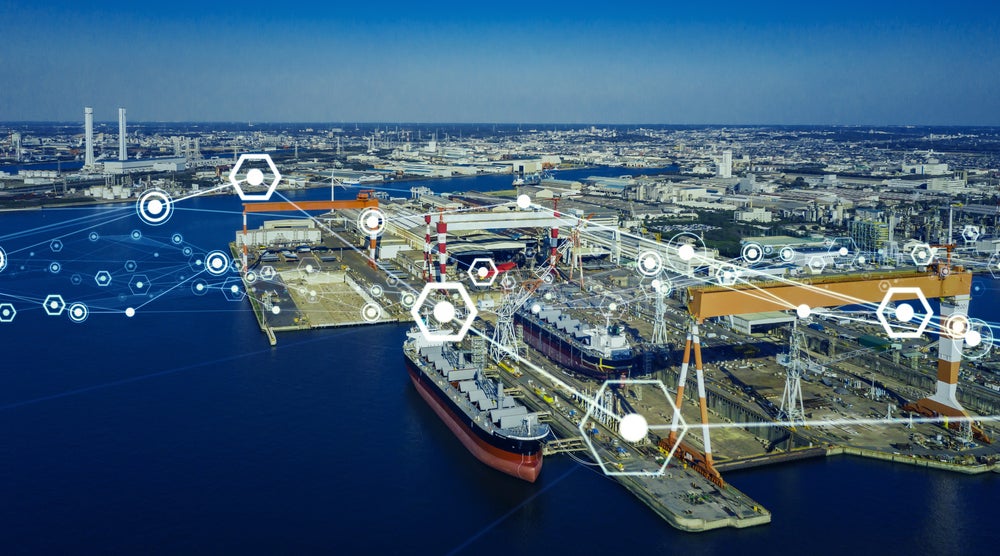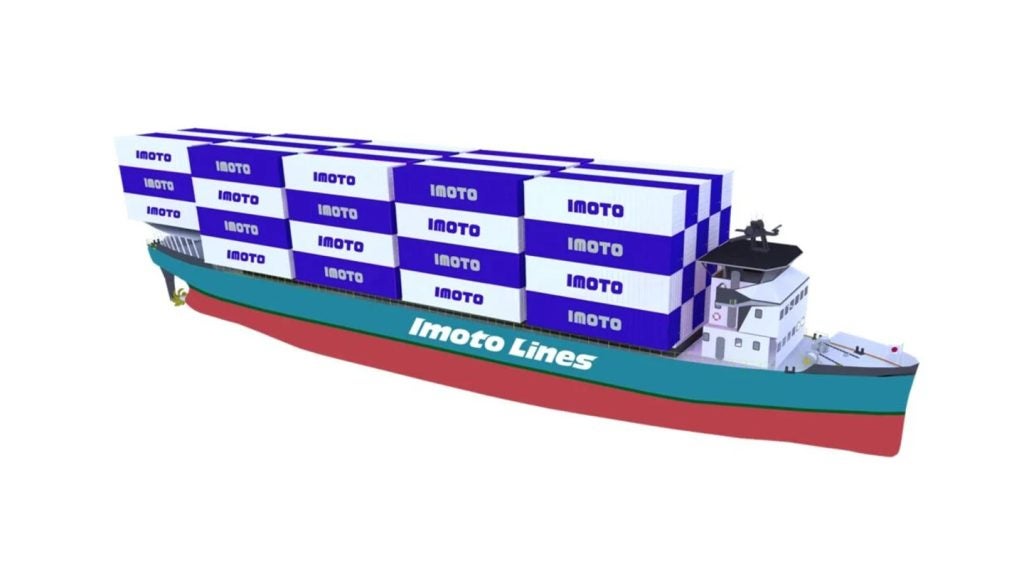
On 8 September, two Australian unions launched a campaign to ‘Save Australian Shipping’.
This high-profile campaign, which has gained support from a number of Labour politicians, aims to call attention to a growing problem – namely Australia’s struggling domestic shipping industry.
While Australia is a major seafaring nation, almost exclusively dependent on shipping for trade, the number of Aussie-flagged vessels is in decline. In 2013/14, there were 15 Australian registered ships with coastal licences, down from 30 seven years previously. This has led to job losses throughout the sector.
“Australia has the fourth largest shipping task in the world, yet domestic seafarers are fighting to retain their jobs,” says Paddy Crumlin, national secretary of the Maritime Union of Australia (MUA) and president of the International Transport Workers’ Federation (ITF). “This campaign has come about because our members have had enough of being ignored and wilfully undermined, while individuals and families are being crushed by job losses and poor employment prospects in this vital national industry.”
Policy changes
The situation could worsen under proposed reforms. Ever since the Labour Government introduced maritime cabotage laws in 2012, the Liberals have been fighting for policy changes. In 2015, the Turnbull Government tabled the Shipping Legislation Amendment Bill, which was ultimately voted down in the Senate. More recently, it introduced the Coastal Trading (Revitalising Australian Shipping) Amendment Bill 2017, a similar piece of legislation that aims to reduce “the onerous and cumbersome licensing procedures currently in place”.
Both these bills propose aggressive deregulation, which many industry players see as cause for concern. While the reforms have been touted as a way to help shipping growth keep pace with demand, they place little focus on safeguarding the domestic workforce against cheap foreign competition.
How well do you really know your competitors?
Access the most comprehensive Company Profiles on the market, powered by GlobalData. Save hours of research. Gain competitive edge.

Thank you!
Your download email will arrive shortly
Not ready to buy yet? Download a free sample
We are confident about the unique quality of our Company Profiles. However, we want you to make the most beneficial decision for your business, so we offer a free sample that you can download by submitting the below form
By GlobalDataAccording to a 2015 report by The Australia Institute, the number of Australian seafarer jobs would have plummeted from 1,089 to just 88 if the Shipping Legislation Amendment Bill 2015 had passed into law – a decline of 93%.
“Australia currently has cabotage laws but the current conservative national government continues to issue so-called temporary licenses that circumvent the rules,” says Crumlin. “Its actions mean the domestic shipping industry is in decline while Flag of Convenience (FOC) ships continue to operate increasingly freely around the Australian coast.”
‘Slave labour’
The Save Australian Shipping campaign, spearheaded by the MUA together with the Australian Council of Trade Unions (ACTU), aims to provide a voice of grass roots activism, all the way through to the next federal election. Its members are concerned not just with protecting the domestic workforce, but also with preventing the exploitation of those who replace them.
“Australian workers cannot compete with slave labour, poor maintenance and safety standards and systemic tax avoidance under the FOC system,” says Crumlin. “Exploited crew on FOC vessels earn as little as $1.25 an hour, often have inferior training and are often unaware of our fragile coastal environment.”
Because these FOC ships are registered in countries other than Australia, they are not held to Australian regulations, working conditions, environmental standards or wages. In Crumlin’s view, this situation is the upshot of a conservative government ‘blinded by ideology’.
“Just this week [19 October], the last ever Australian-made car rolled off the assembly line after the government refused to offer any assistance to the industry,” he says. “This means thousands of job losses, and when you look at shipping it really does seem the government wants to kill off yet another Australian industry that conveniently happens to have a high concentration of unionised jobs.”
A loophole in the law
Of particular concern to the unions are temporary licences, which allow foreign ships to engage in coastal trade for a 12-month period. As Crumlin sees it, these licences are often not all that temporary in practice, effectively allowing FOC vessels to bypass Australian cabotage laws.
“The MV Portland is a recent example where if the government had not issued the licences – and reissued the licence 12 months later – Australian jobs would have been saved,” he says.
In this notorious case, the American mining company Alcoa announced it would sell its large Australian cargo ship and replace it with a foreign-crewed vessel. The soon-to-be-sacked crewmembers were instructed to sail the ship to Singapore, for handover to its new owner. However, the unions took a stand, and a two-month labour dispute ensued. Ultimately, five of the seafarers were marched off the vessel during a night-time raid.
With the unions and the government embroiled in many such disputes, the situation might seem irresolvable. However, the unions believe there are practical ways to redress the situation.
“The government should sit down with the unions and Australian shippers and work out a viable long-term plan to rebuild Australian shipping,” says Crumlin. “Our first goal is to ensure Australians understand what is at stake if we lose our commercial shipping fleet. Then we want to establish the political will in Canberra to fix the problem before it is too late.”
The fight continues
The Save Australian Shipping campaign includes a ten-point plan for reviving the domestic shipping industry. Ideas include reforming the shipping taxation incentives; building the maritime skills base; and investing in port infrastructure. The website also includes a template email outlining the problem, which supporters can send to their MP.
So far, the campaign has amassed support from seafarers, unions, employers, politicians and concerned community members.
“We have convinced the Senate to convene an inquiry into Flag of Convenience shipping and are looking to develop policy with the Australian Labour Party and other supporters in the political system to rebuild our national shipping fleet,” adds Crumlin.
With the latest reforms soon to be tabled in the senate, and a clear divide between Labour and Liberals, this is sure to remain a contentious issue for some time to come. And whatever happens from a policy perspective, the unions will continue to fight their case.
“A strong, viable domestic shipping fleet makes absolute sense from a national security, fuel security, and environmental standpoint, yet instead of enhancing a vital national industry with a long and proud tradition, our national government seems happy to allow those jobs to be sent offshore,” says Crumlin. “As an island nation we must retain a commercial shipping fleet to ensure skills and capabilities remain in this country.”






